Speakers
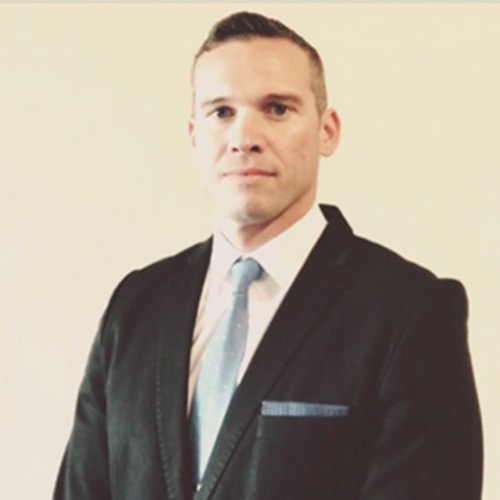
Daniel Loo, CPP
Principal Consultant ‐ Safety and Security
Rimkus Consulting Group
Daniel Loo, Principal Consultant in the Rimkus Safety and Security Practice, has more than 15 years of experience involving military and private sector security and strategic functions. He is an ASIS International Certified Protection Professional with experience spanning the retail, restaurant, hotel, and hospitality industries. Mr. Loo understands security requirement analysis, conceptual design, construction documents, security contractor evaluations, field services, and coordination and project management of security projects. He is responsible for providing security evaluations and assessments (both physical and electronic security), security surveys, security master planning, security seminars, and expert legal testimony on security issues involving purported negligent security concerns and alleged criminal foreseeability. Mr. Loo earned an M.S. degree in security studies, intelligence, and analysis from Angelo State University. He also holds a B.A. in political science/international relations and national security studies from the University of Houston.
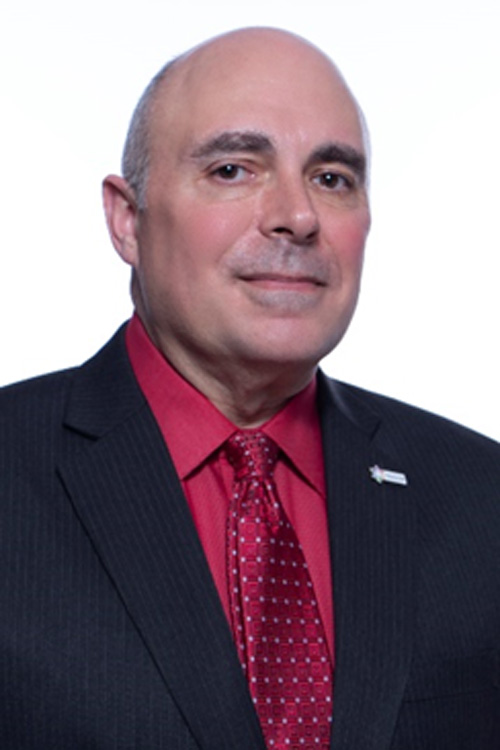
Scott Cormier
Vice President of Emergency Management
Environment of Care and Safety
Scott Cormier has more than 30 years of experience in emergency preparedness, health and safety, and counterintelligence operations. Prior to joining Medxcel, Scott served as the Senior Director of Emergency Preparedness and Management for Hospital Corporation of America (HCA), the largest private healthcare provider in the world. Scott earned a Bachelor's degree from Thomas Edison State College. He has been published in nearly 20 scholarly journals and holds more than 20 professional certifications, including Certified Healthcare Emergency Professional, Department of Homeland Security Certified Instructor, Weapons of Mass Destruction Instructor, and EMT‐Paramedic Instructor.
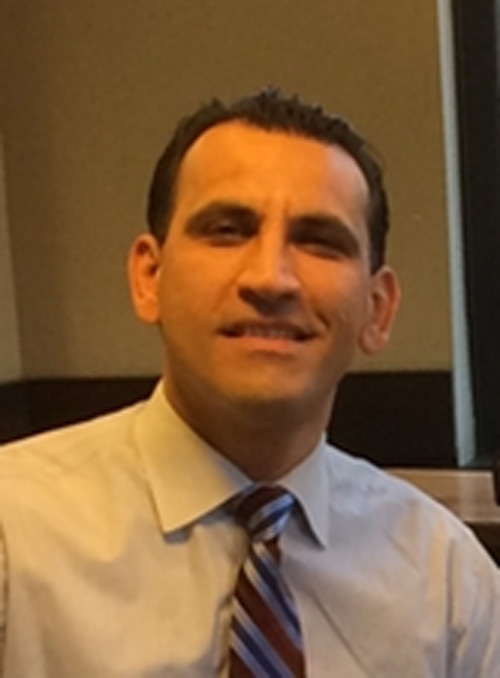
Mr. Mohamad Jamal, P.E., MBA, CxA
President and Chief Mechanical Engineer
A.J. Adam Engineering LLC
Mr. Jamal is a professional engineer registered in multiple states who has presented multiple times at NFMT. He has extensive experience in the design of heating, ventilation, air conditioning, fire safety, and plumbing systems, including new construction and renovations to a vast number of projects. He holds a Bachelor's degree in Architectural Engineering from Drexel University and an MBA from Loyola University ‐ Maryland. Serving as Chief Mechanical Engineer for A.J. Adam Engineering LLC, Mr. Jamal is responsible for overseeing all design projects, commissioning projects, and engineering activities for the company.
Joshua Brackett
PE, SASHE, CHFM
Banner Health
Joshua Brackett, PE, SASHE, CHFM is the system regulatory director of facilities operations at Banner Health. He offers numerous perspectives into health care facilities management, fire protection and life safety, and codes and regulatory compliance due to his diverse background. Starting his career in fire protection design at a national engineering firm, he gained a strong foundation in codes and standards. Josh leveraged this technical expertise to build relationships across the nation at the American Society for Health Care Engineering (ASHE) through his work with the Sustainability and Regulatory Affairs Committees. Later transitioning to a fire protection contracting company, he developed regulatory processes and procedures for hospitals across Arkansas and bordering states. As the system special projects manager for support services, he led regulatory compliance, energy management and process improvement at Arkansas’ largest health care organization, Baptist Health. Josh also cofounded Legacy FM, a nationwide company focused on developing education and training programs for facilities management teams that empower the men and women that keep our buildings running. A licensed fire protection engineer with senior status at ASHE (SASHE) and a Certified Healthcare Facilities Manager (CHFM), he is ASHE faculty for ASHE’s educational programs and an active member of ASHE’s Regulatory Affairs Committee, Health Care Code & Standards Review Committee of the National Fire Protection Association (NFPA) and several other NFPA committees. He also serves on several projects for the NFPA Research Foundation.
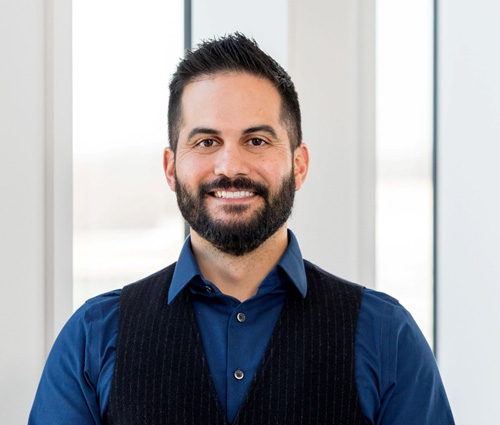
Josh Domingo, AIA
Senior Health Planner
Josh is a Senior Health Planner and Architect for HDR with experience in projects large and small, as well as domestic and internationally. In Josh's 17‐year career, he has focused on healthcare architecture that creates healing environments for patients, families, and caregivers alike. With a Master of Architecture in Health Planning and Design from Clemson University's Architecture + Health program, he has devoted his practice to health planning, bringing his in‐depth knowledge of the healthcare industry and the broader understanding of architecture together to create world‐class healthcare facilities around the globe.
As a lead planner within his company, Josh utilizes his healthcare knowledge and industry experience to assess current healthcare trends, identify future innovations and design opportunities, help clients navigate their needs, win design competitions and deliver unique planning solutions. He is the 2021 winner of the Healthcare Facilities Symposium & Expo George Pressler Under 40 Distinction Award.
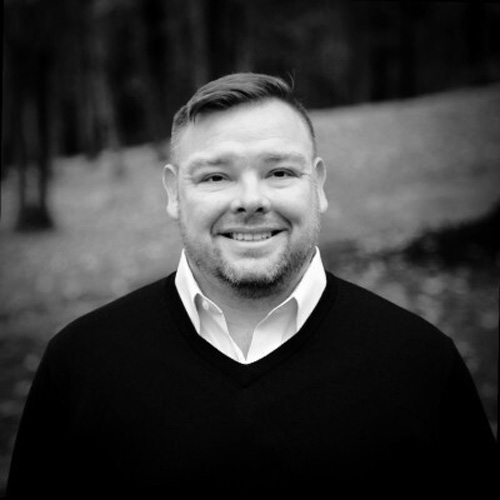
Tim Norris
Senior Director of Product Marketing at Brivo
Tim Norris is the Senior Director of Product Marketing at Brivo, leading go to market strategy for Brivo's smart security and intelligent automation solutions for enterprise and multifamily industries. Tim has a wealth of expertise in identity and access control spanning across cybersecurity technology, IT risk management and physical security. Additionally, Tim has over fifteen years of experience bringing products to market that go beyond hype, but solve real‐world challenges at leading organizations such as RSA Security, Verisign, Rosetta Stone and Gannett/USA TODAY.
Register





